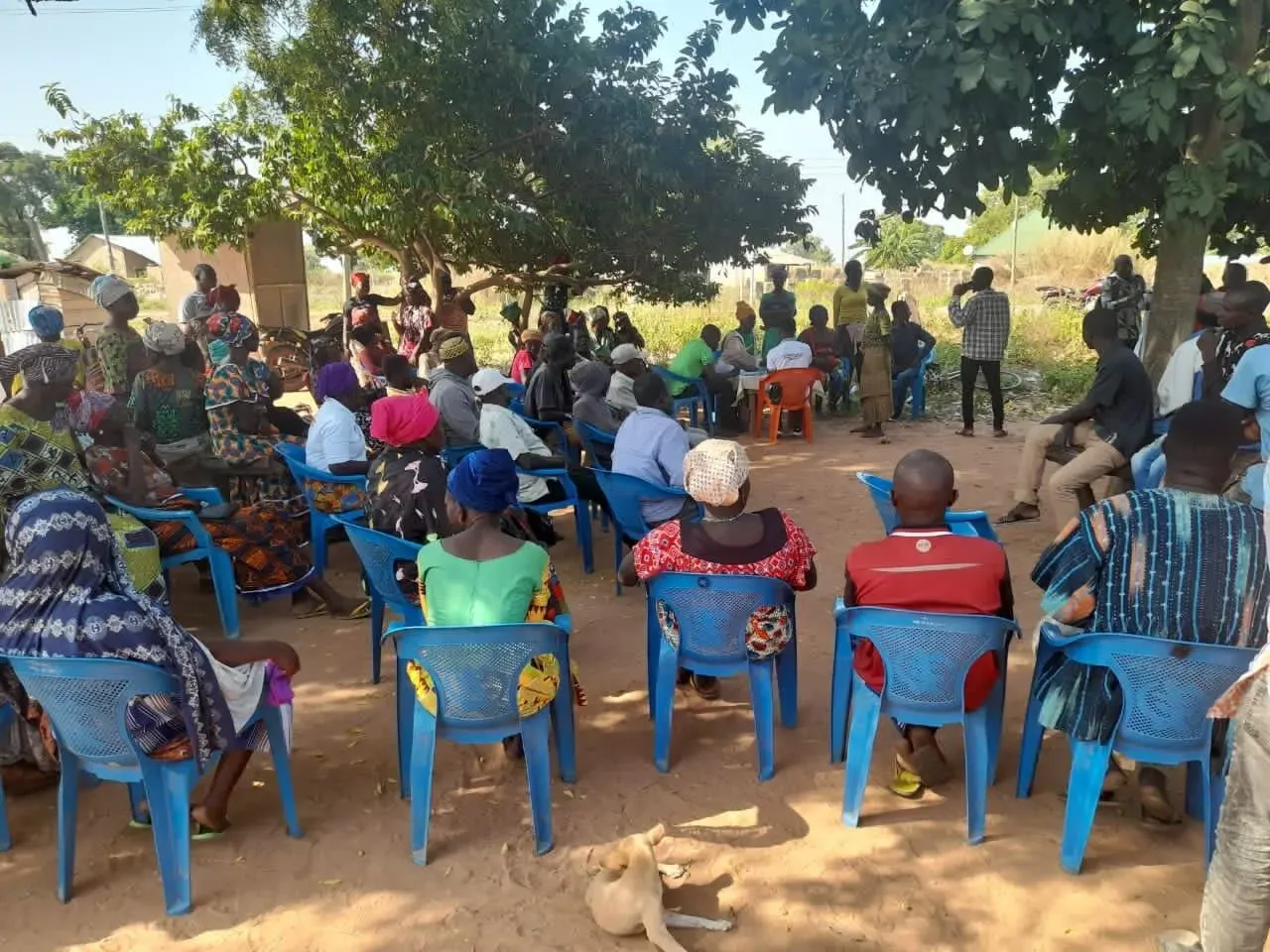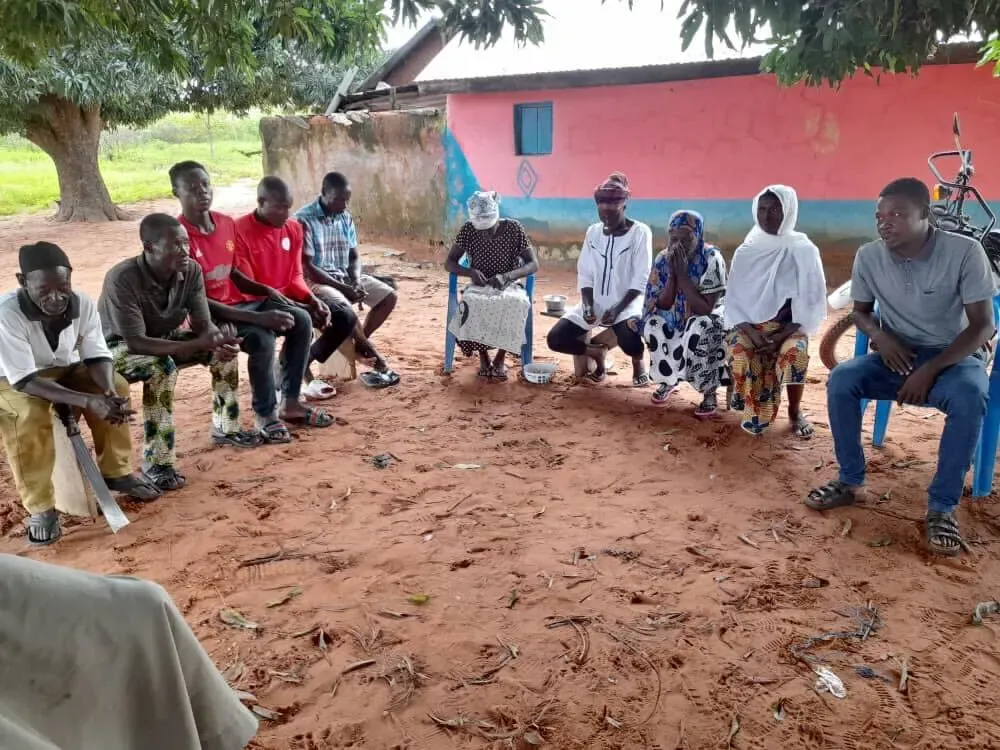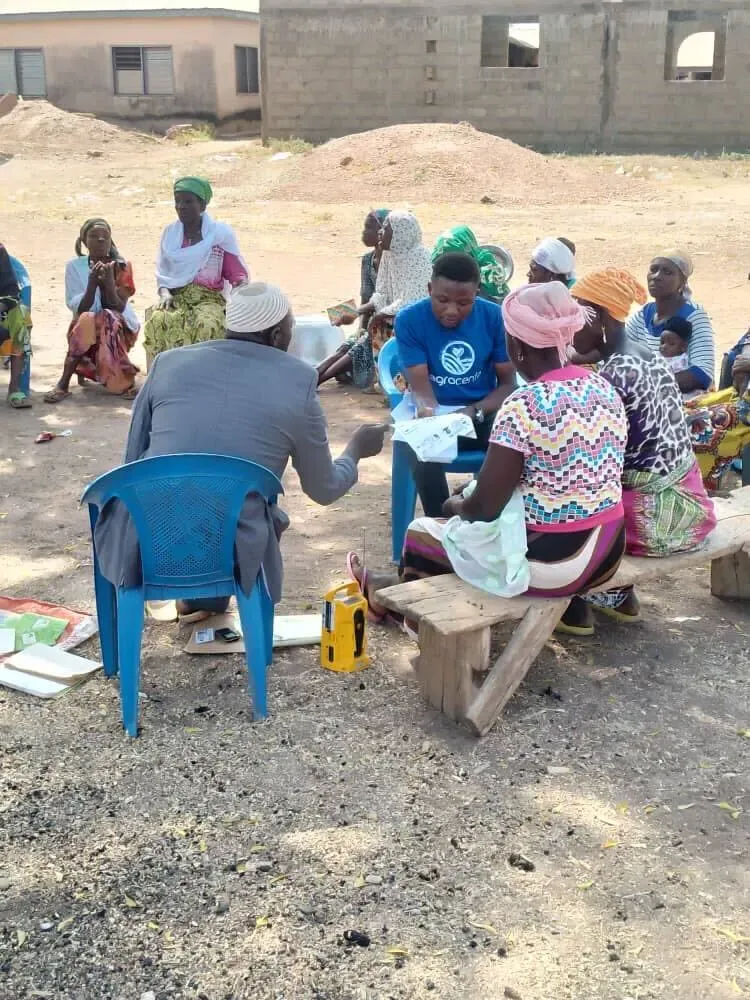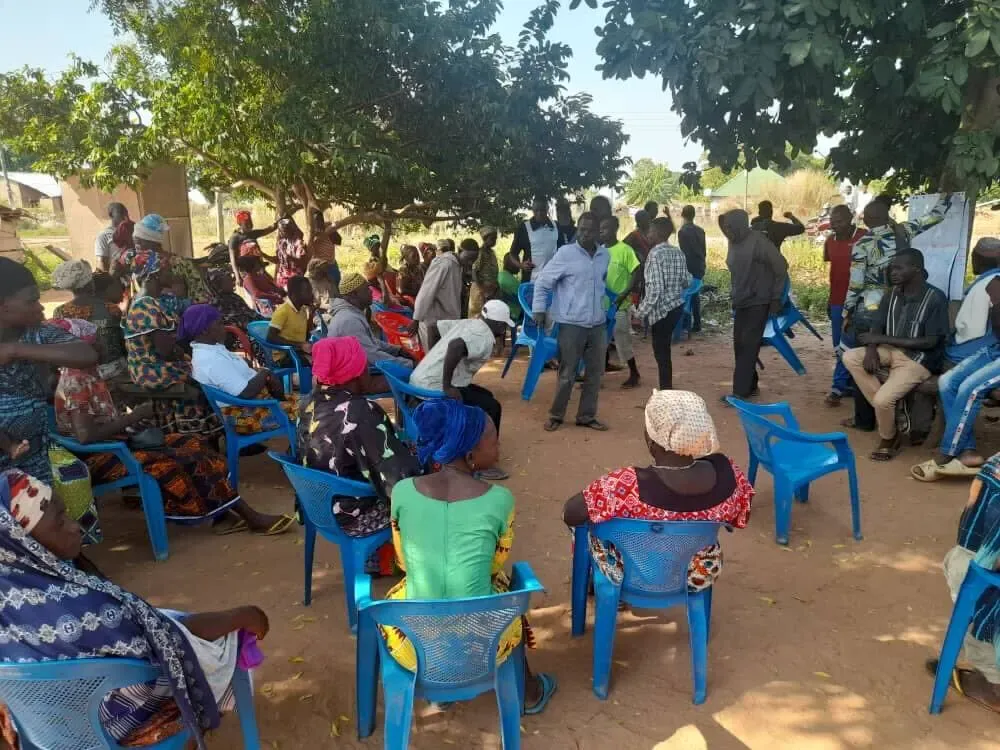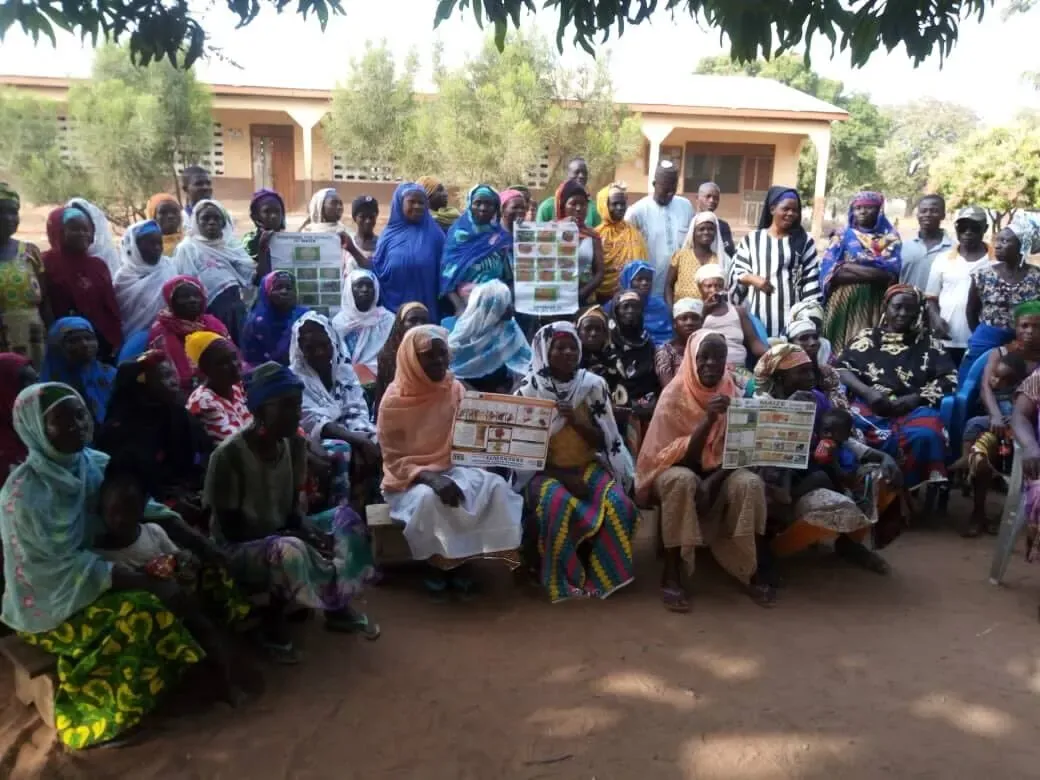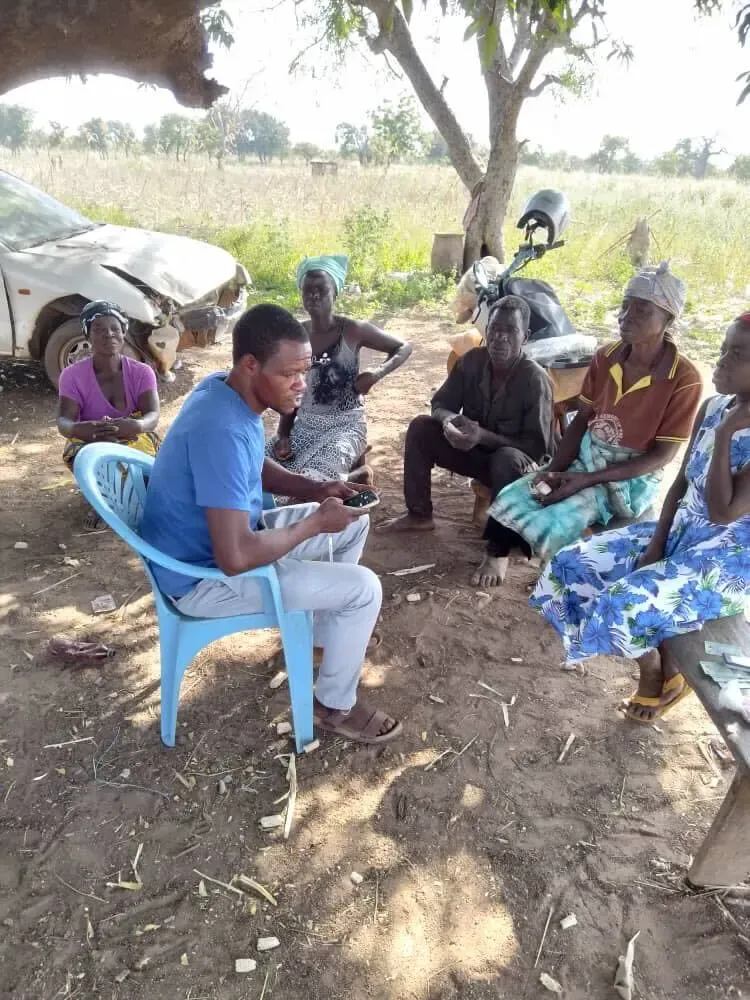



Grains for Growth (G4G) Project
Through a market-driven approach, IDH and AgroCenta will work closely with 12 SMEs in maize, rice, and millet supply chains in Northern Ghana (hereafter referred to as ‘prioritized value chains’) to improve business operations, build technical and management capacity, structure sourcing of high-quality grains from smallholder farmers, and to support these SMEs in meeting the buying requirements of large multinational off-takers (such as Nestlé). IDH will provide technical assistance and strategic support to these SMEs through project contracts, to support these businesses in realizing business opportunities in grains supply chains, leading to impact through job creation (focus on women and youth empowerment) and the inclusion of smallholder farmers. Establishing a digital platform approach to provide advisory support to farmers and facilitate market linkages will be a central program component.
The Program has the following specific objectives:- Through a market-led approach, provide close support to 12 SMEs to enable these SMEs to supply high-value off-takers and into premium markets. These SMEs will in-turn source from 20,000 smallholder grain farmers in Northern Nigeria.- Through working with these 12 SMEs, off-takers, and supply chain partners, the Program has the target to create 3,000 direct, permanent jobs across the supply chain, with 60% of these jobs being for women and youth. These direct permanent jobs will predominantly be in off- farm handling, SME processing, transport and logistics, the operations of service providers, and off- taker factories in Ghana.
The Program will target 12 SMEs and the out-grower smallholder farmers that they source from that are not currently able to meet the requirements to supply to large-scale premium off-takers. These farmers and SMEs typically lack the managerial capabilities and the technical and market development support to become commercially viable and to scale operationally. This Program will enable them to close the gap between regular operations and scalable growth by providing access to inputs, agri- business management support, agricultural technical assistance, and operational capacity building.
The Program will support farmers with access to affordable, high-quality training, tools, and inputs. The Program will work with local input companies and other technical service providers, including transport companies, digital service providers, and extension workers to build sustainable models for long-term service delivery.
